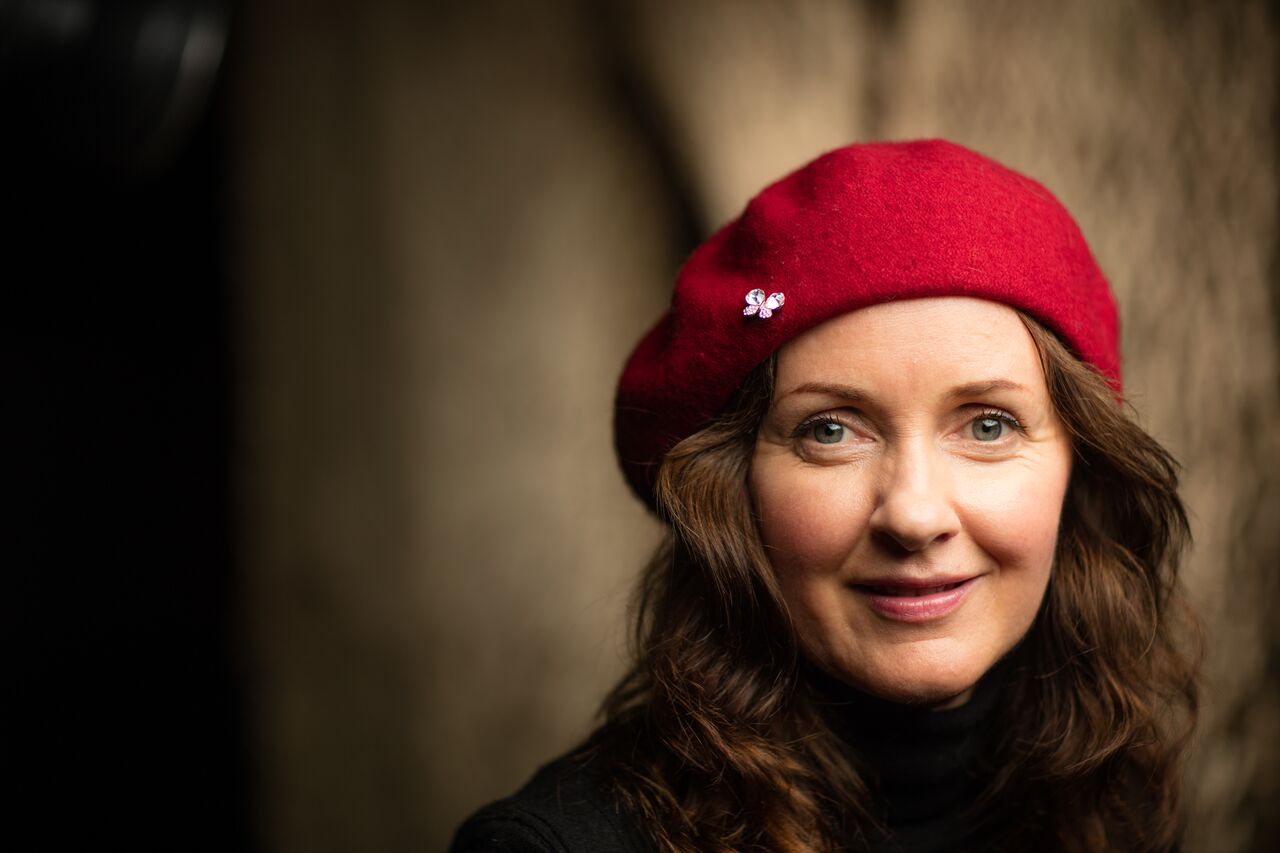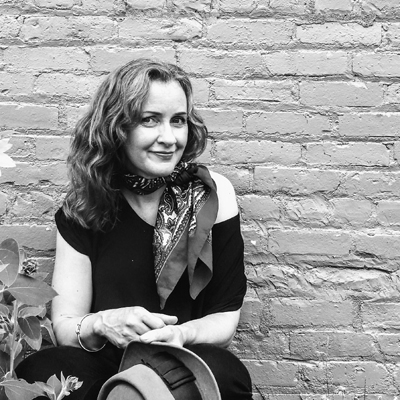
Music was bliss that got me through—Interview with Elizabeth Geyer
11 September 2018 Music Sanathana Vani
Interest and opportunity often combine to carve out the best of people from the ordinary ones—in the field of music, you will see this happening time and again. In the present world of chaos, it is very hard to find your calling and follow what you heart-mind-body wants. Fortunate are those who get such a blessing, and then transform their fortune into art to share their joy with the world, and also become inspirations for others to follow.
This is the story of Elizabeth Geyer—an instrumentalist turned singer-songwriter from Australia who studied classical music but found her heart for Jazz. She pursued it, created a place for herself in the world of music and became a fitting example to people who want to pursue their passion beyond the boundaries of what they are supposed and expected to do.
We talked to Elizabeth for an email interview about her music and her life:
Q1. What is your earliest memory when you felt you want to be a musician?
Probably when I was about 5 years old, hearing songs on the radio and TV and playing along with them.
Q2. Take us through the journey of your earlier days, practicing and learning from your teachers, etc.
My school was very focused on classical music and the discipline which goes with that I found a little bit intimidating. It wasn’t until I discovered jazz at University that I truly began to feel musically ‘free’ to create and goof around. I always loved Pop music though and joined a band in high school. I chose trumpet as an instrument only because they had no trumpet players for the school band—a shortage!
Q3. You worked as an instrumentalist before trying songwriting and singing. What prompted you?
Again that was because I had settled on trumpet and it seemed the clearest path to stick with at the time, where the most opportunities seemed to be coming. It wasn’t my favourite instrument but the one I had put in the most hours. I gradually moved over to flugelhorn, because I loved playing jazz on Flugel and then singing.
Q4. Do you feel artists should stick to one genre only and try achieving success in that?
I believe artists should follow their deepest passion musically, wherever that lies. Play until they find it then focus once they do. But it is a tricky question, for I have been very single-minded in my path and needed to bend. I went from classical to jazz and now I am finally all morphed into singer-songwriter that doesn’t box neatly into one genre.
Q5. You have worked with many artists over the years. What is it that you like about working in an ensemble than just recording solo pieces?
Nothing beats the magical musical high of making music with kindred spirits. When you find those who have the similar sensibilities it is a wonderful thing.
Q6. How has being a musician shaped your personality?
It has made it hard to follow a traditional conservative path or life in my case. I don’t like being boxed in by societal expectations. I like the idea of being free to fly, as in music, even if it’s only in my outlook.

Q7. What inspires you to write a new song?
Anything and every little thing–mundane things, stories, a person, a supermarket, a memory, literally everything!
Q8. Share an interesting moment of your life where you think music helped you carry through though the situation seemed tough.
Many moments at school I was very unhappy, miserably at times, socially, I don’t know exactly why I felt so stuck out there but the music was bliss that got me through all those years. My secret escape; heaven!
Q9. What satisfies you the most when it comes to music?
In recent years, writing songs for fun. Writing has got me through some difficult depression.
Q10. Share a message with our readers.
As cliched as it sounds, I truly do believe every person has some unique creative talent or contribution to make. The best thing we can do with our lives is finding that thing which is usually linked to what we loved doing the most when we were children.
Interviewed by
Vivek Kumar